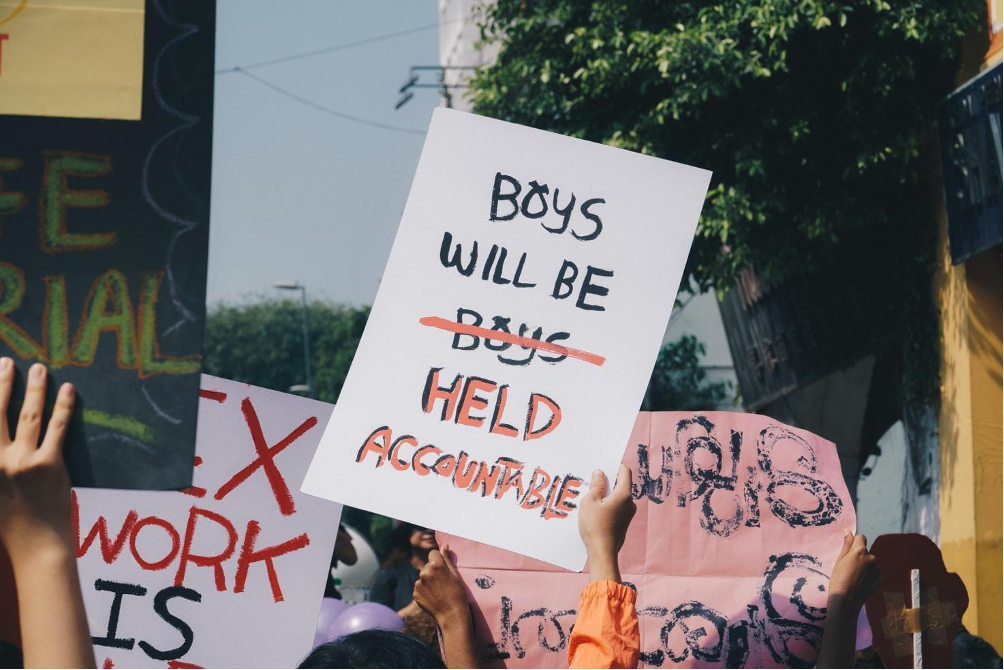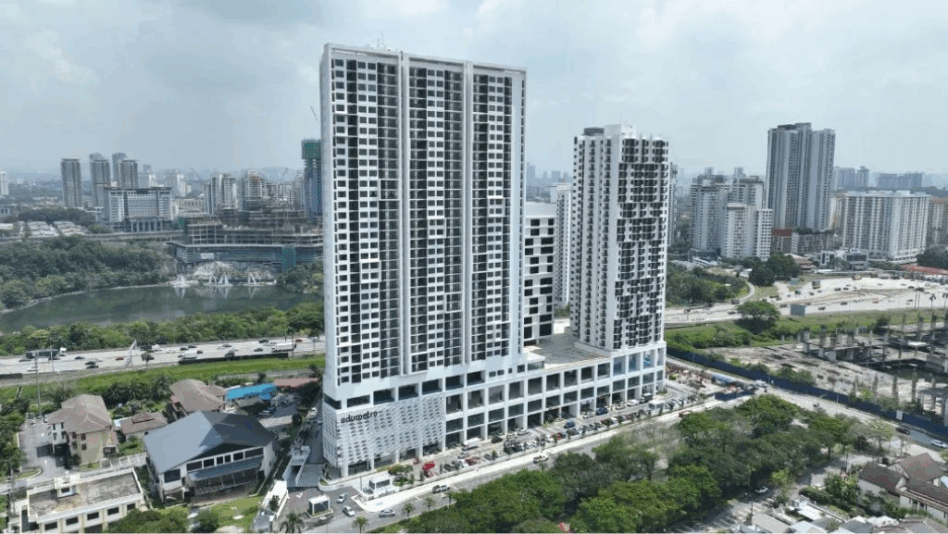THERE has long been a pervasive culture of sexual harassment that has long threatened the safety and wellbeing of students, staff and faculties in university settings.
To underscore the severity of this issue, Women’s Centre for Change (WCC) programme director Karen Lai had recently doubled down on calls for universities to take stronger, more decisive action against sexual harassment.
This is as concerns persist over a culture of silence, victim-blaming, and the normalisation of inappropriate behaviour on campuses.
Expressing support for the Women’s Centre for Change, Beliawanis MCA national chairperson Ivone Low Yi Wen said while some universities have made progress in their efforts, much more needs to be done.
She went on to cite a recent survey conducted by the Universiti Malaya Feminism Club (UMFC), which found that one in five Universiti Malaya (UM) students have experienced sexual harassment during their university life, and only 11.1% of these victims took action.
The survey further revealed that 22.5% of its students – both male and female – experienced some form of sexual harassment with 88.9% of them choosing not to report their experiences.
“This issue must be addressed not only with empathy for survivors but also through concrete, lasting policy changes to ensure that universities become truly safe spaces for all individuals,” Low stressed.
“Sexual harassment is a violation of basic human dignity, and its presence on campuses undermines the safety and well-being of students, staff, and faculty alike.
“It perpetuates harm and fosters an atmosphere of fear and discrimination, preventing individuals from fully participating in their education and professional development.”
Low said while universities have internal policies to address sexual harassment, significant gaps remain in the legal framework.
The Anti-Sexual Harassment Act 2022 and relevant sections of the Penal Code, such as Section 354 on outrage of modesty, for instance, applies to educational institutions.
However, the Act has notable shortcomings, including a lack of clear organisational responsibilities, a narrow definition of sexual harassment, and inadequate protection for those who come forward with complaints.
“It is essential to address these gaps in order to create a more robust and supportive system. For instance, universities should be required to have clear, formal duties to prevent harassment, and the definition of sexual harassment should be expanded to cover a broader range of behaviours,” Low reckoned.
Additionally, she said stronger legal safeguards must be put in place to protect victims from retaliation, ensuring that those who speak out feel safe and supported.
“Universities should be spaces of learning and growth, free from harassment, violence, and discrimination,” she remarked.
“It is time for institutions to act decisively to create environments where all individuals feel secure and valued, regardless of gender, identity, or background.” – Nov 19, 2024









